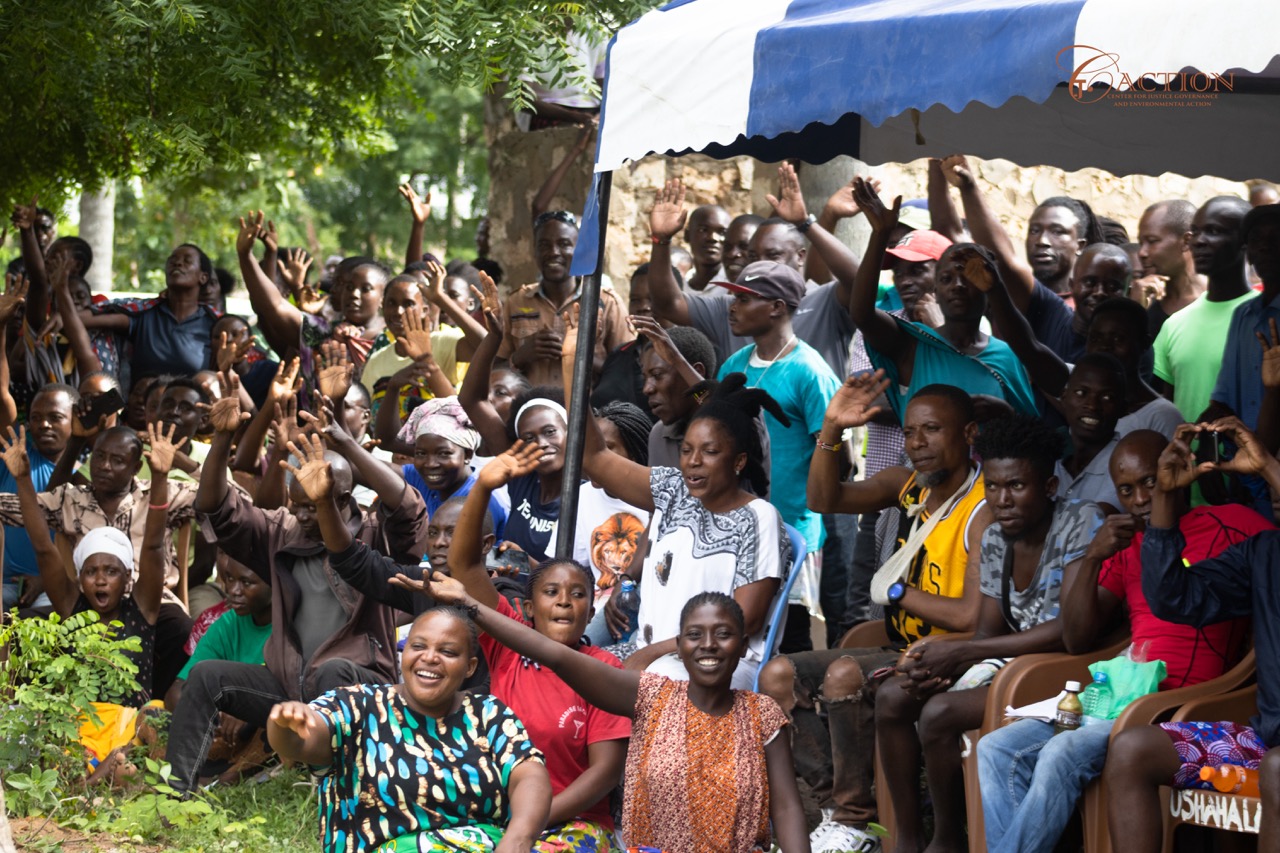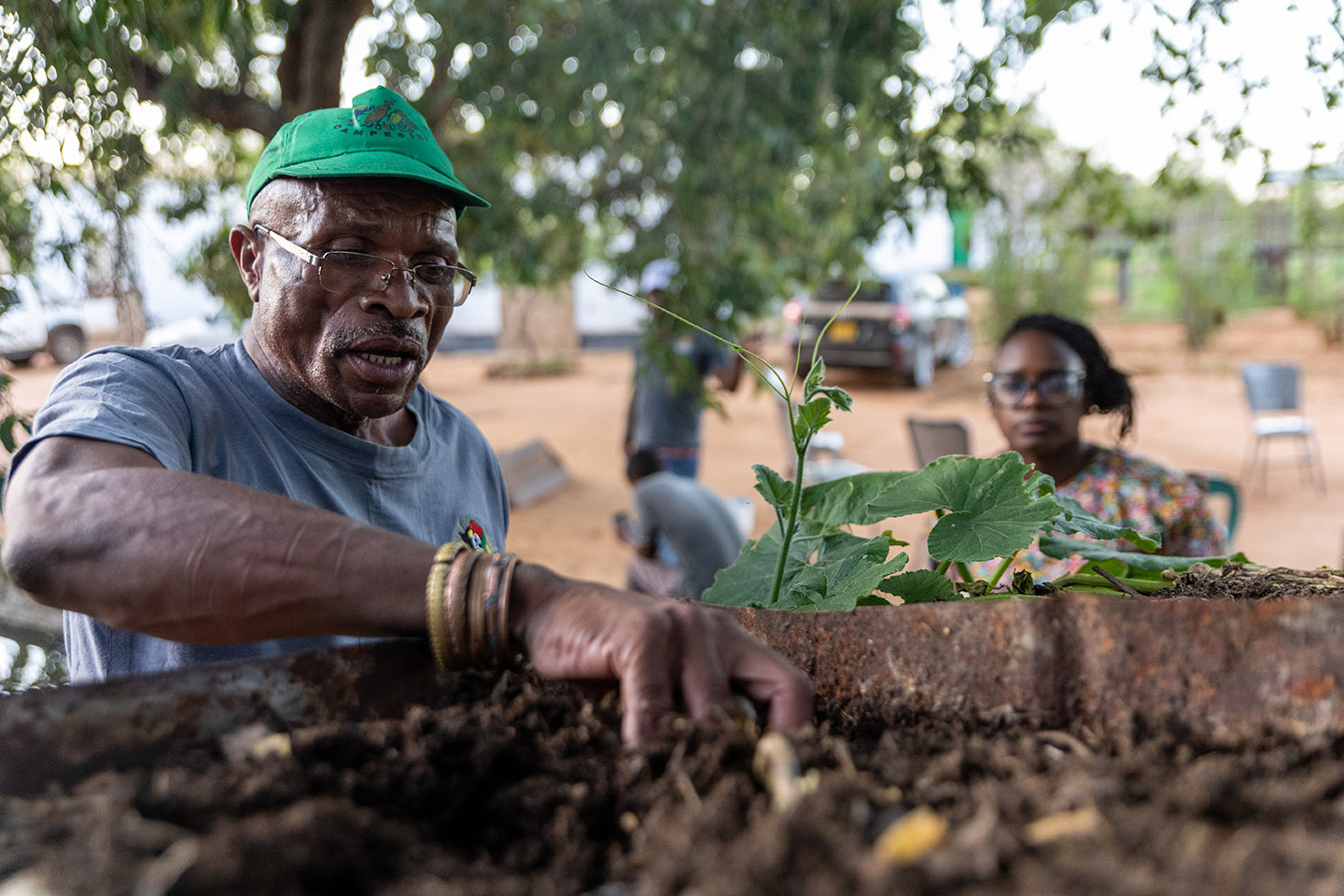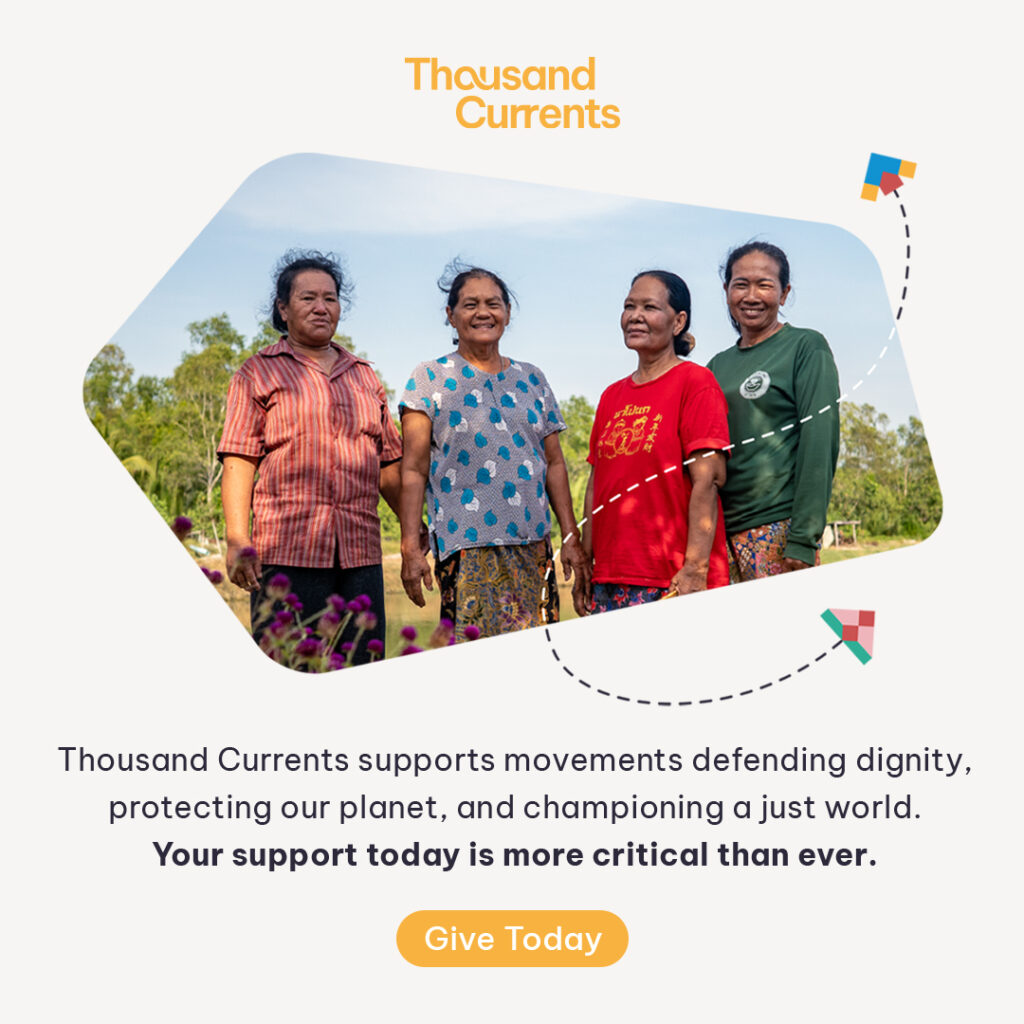Mobilizing for Lasting Change


In 1998, Doña María Juárez lost her home in Guatemala City to a landslide caused by Hurricane Mitch. In an instant, everything she had was gone: the open-air market where she sold household wares, her home, and her community.
Let Down by Unfulfilled Promises
The Guatemalan government promised to use the millions of dollars of aid money to pay developers to create a “livable community” for displaced families. Instead, Doña Maria and 450 surviving families were resettled on a dusty, windy hill called Balcones de Palín in the far outskirts of the capital.
Each family received 4 pieces of tin siding and some wooden planks to build temporary shacks. The rocky streets were impassable. Jobs were even fewer than before. There was no water, no electricity, and no sewage system.
The Beginning of a Movement
ISMUGUA mobilized to bring aid to survivors. They also started a revolving loan fund so families could begin to rebuild their homes and their lives. Meanwhile, Doña María, ISMUGUA, and her neighbors from 13 communities worked with a lawyer to push for land title.
Why did we want land title? Why all this effort? Many of us were taking out loans to build our homes on this land. We were putting down roots. Without land title, we have no guarantee that the developer won’t at some point decide to sell this land to someone else who could then come and evict us all.
In 2004, The National Housing Law passed! A first of its kind in Guatemala, the law provided for low-cost land title and basic services for some of the poorest communities. Since then, 95% of the families in Balcones de Palín have title to their land and all 450 families now have running water and electricity.
Educating the Next Generation
That’s not all. She co-founded a committee of parents that successfully pushed the government to build an elementary school. At first there were 4 teachers for 400 students. That wasn’t good enough. So Doña María secured funding from foreign foundations. Today there are 17 teachers for 500 students.
She kept going: she helped set up a scholarship program for students who could not afford the hour-long trek to the nearest high school, much less school supplies and meals. Today, an innovative distance-learning program gives these young people the chance at an education.
But there is still more to Doña María’s story. She felt she could accomplish even more if she herself had a better education. At the time, she had just a 6th grade education.
With a scholarship from ISMUGUA, in 2001 she became one of the first adults to join the distance-learning program.
Related Stories




